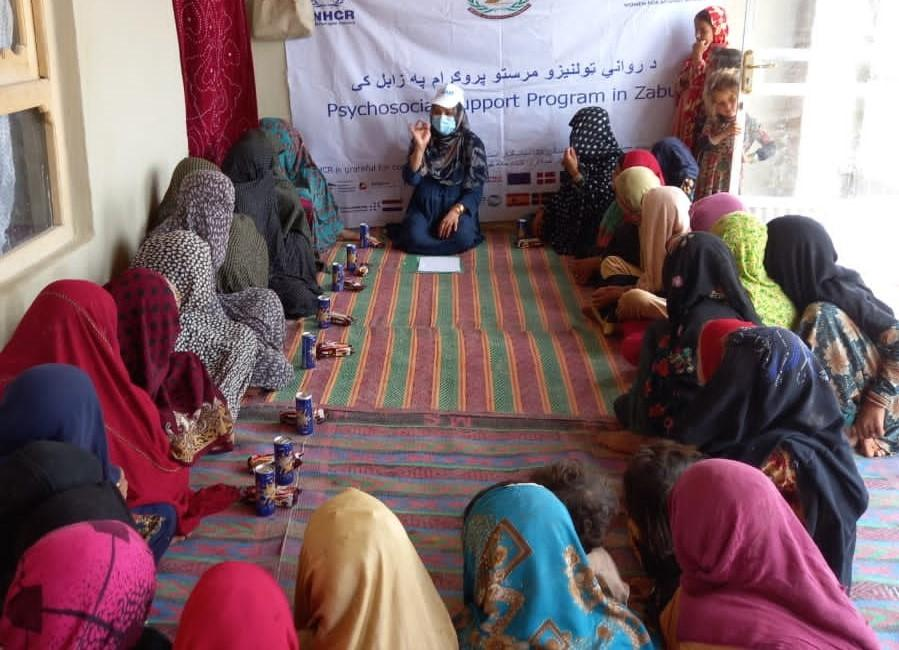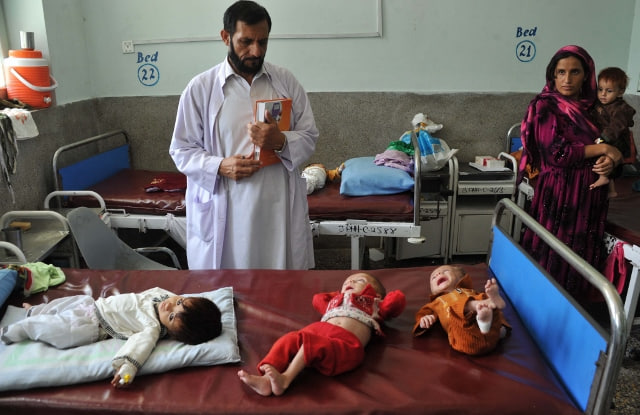
42% of female employees of international organizations in Afghanistan work from home

About six months after the first order of the caretaker government’s Ministry of Economy to ban women from working with national and international institutions, the United Nations Women’s Department has announced that currently 42 percent of female employees of foreign institutions work from their homes. The United Nations Women’s Division released a report today (Monday, 15th of June) saying the findings follow a survey conducted by the Gender Working Group (GIHA) and the Humanitarian Access Group (HAG) from April 4 to May 7. This organization has emphasized that it has discussed with the female employees of 175 international organizations operating in Afghanistan. In the following, it is stated that the activities of the aid organizations have increased compared to the first days of the ban on women by the Afghan government. The report states that 42 percent of organizations work with women and men in a small way, but 25 percent of these organizations work completely with women and men. The survey found that a quarter of respondents said they had to work partly or wholly with men only in offices and fields. Also, in a part of the report, 21% of the respondents added that they can fully use the exemptions of the caretaker government only in the field of health and education to continue working with female employees. The United Nations Women’s Department quoted a survey and wrote that 31 percent of the organizations in this survey noted that the reduction of the budget has stopped their activities in Afghanistan due to the lack of presence of women in the organizations. This is despite the fact that nearly six months ago, the Ministry of Economy of the caretaker government issued a decree prohibiting the work of women and girls in domestic and international offices. At that time, the Ministry of Economy said that the reason for this was the non-observance of Islamic hijab by female employees. However, a few months ago, women’s work in local UN offices was banned throughout Afghanistan. These decisions were met with strong domestic and international reactions, but the acting government said that these cases are among Afghanistan’s internal cases and no one has the right to interfere.
Arzoo Ahmadi, the daughter of Afghan jujitsukar, was arrested by the Pakistani police
Preventing the government forces from participating in a cultural program in Balkh
World Health Organization: We support 130 treatment centers for malnourished children in Afghanistan
Your email address will not be published. Required sections are marked *








